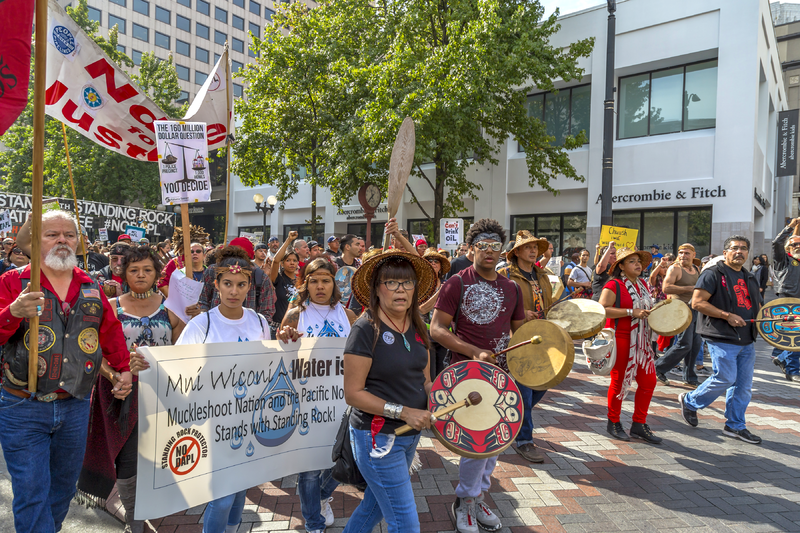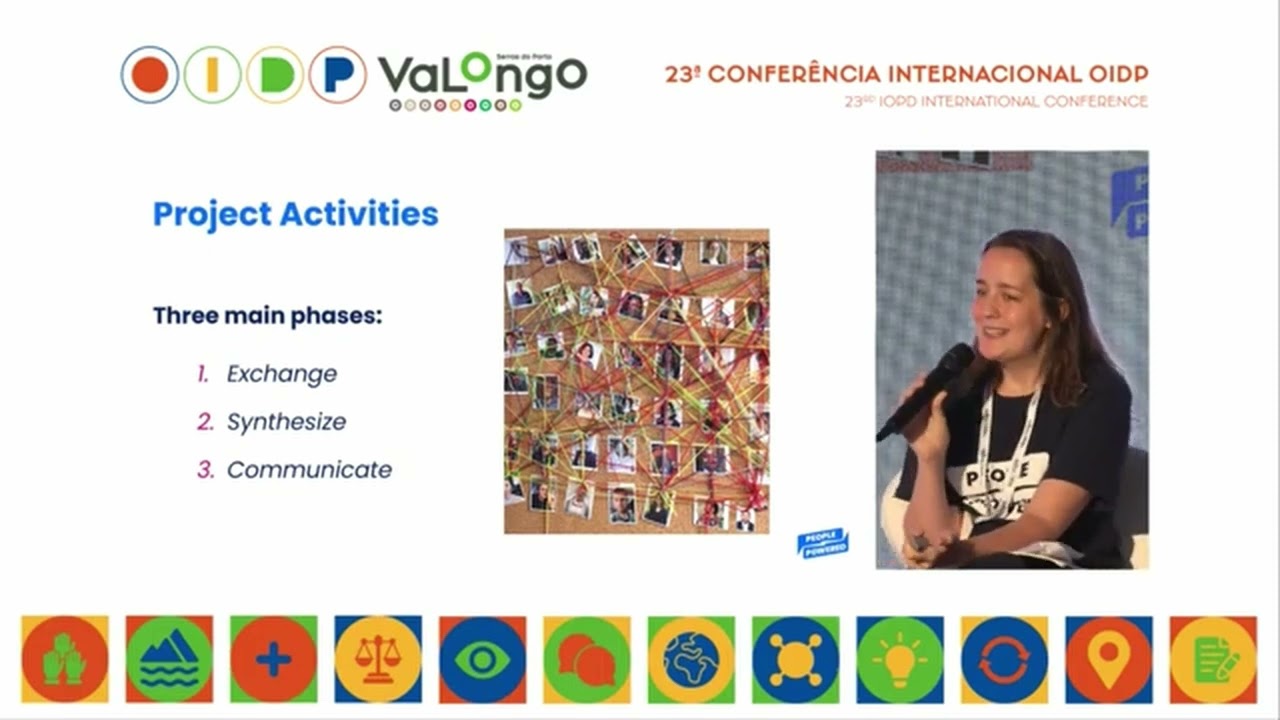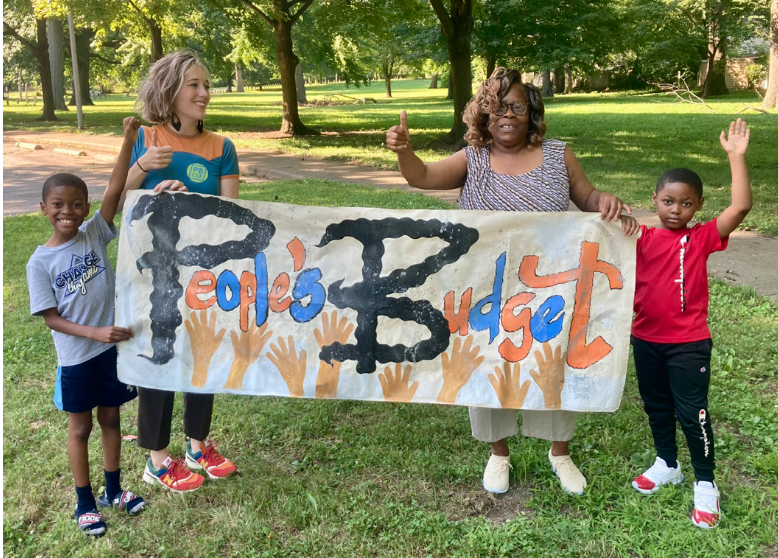 Video
Video
Public Budgeting

Public budgets are moral documents that determine how we allocate our shared resources to meet our collective needs. The way our governments raise and spend public money reflects who and what we value and determines whether or not our institutions uphold human dignity, justice, and the rights of all people to housing, health care, education, dignified work, income security, and clean water, food, air, and clean energy.
But government budgeting at all levels has, for too long, deprioritized meeting fundamental needs, and has perpetuated structural racism and reinforced income and wealth inequalities. Self-serving politicians unduly prioritize spending on the military in the federal budget, police, courts, prisons and jails in state and local budgets. They also embrace and perpetuate tax systems that generally require poorer people to pay a higher portion of their income, fail to tax extreme wealth and harmful economic activities, and provide inequitable tax breaks that ignore our racialized history and steer income and wealth away from workers and communities of all races, particularly Black people,Indigenous people and immigrants. Instead, we need divestment from systems of social control and violence and investment in the fundamental needs of people and communities.
Developing just and equitable local, state, and federal budgets requires prioritizing human needs, centering equity, giving everyday people a direct role in public budgeting, and reimagining how we raise revenues. More specifically, this means:
- Public budgets must use participatory assessments of human needs and use them to guide spending and revenue decisions.
- Budgeting decisions—including both how money is raised and how it spent—must be explicitly designed to remedy and repair racial, gender, and other inequities, and must be connected to accountability measures so that we can evaluate progress toward meeting human rights.
- People must be able to participate meaningfully in the entire budget process from developing revenue and spending goals and priorities to monitoring outcomes. The budget process must be fully transparent.
- Our Work
- A New Social Contract
- Dignity in Schools
- Health Care
- Public Budgeting
- Land and Housing
- Low Wage Workers


